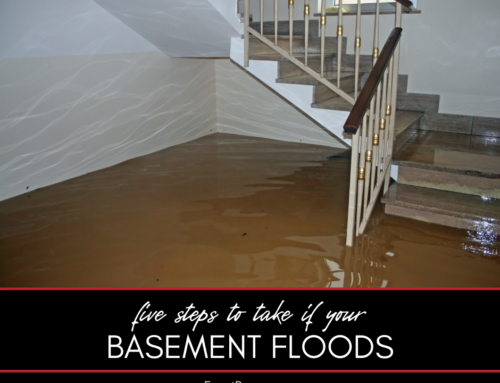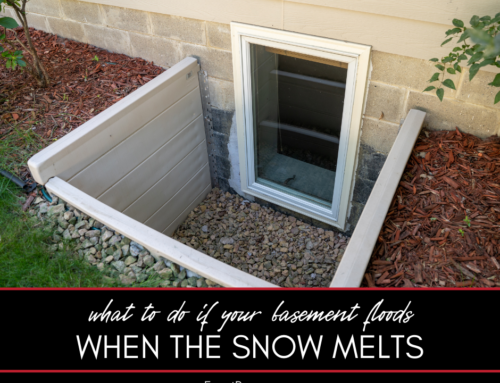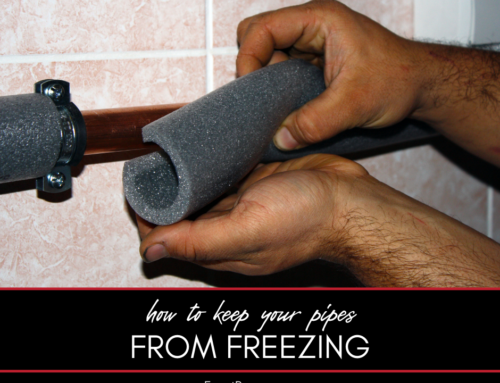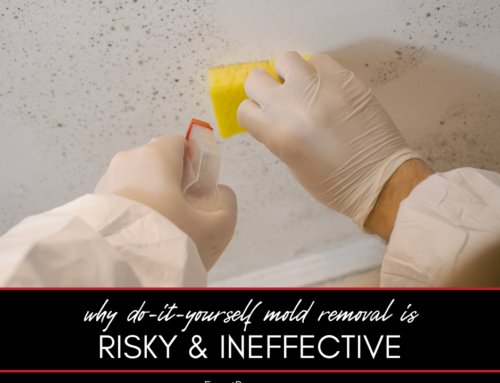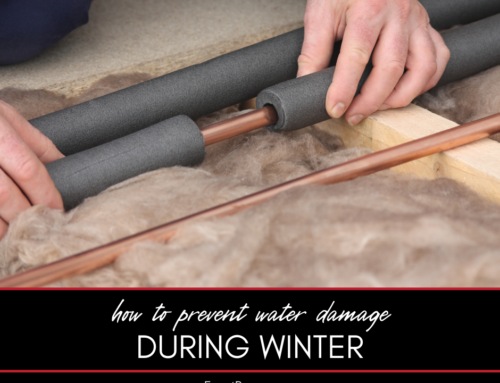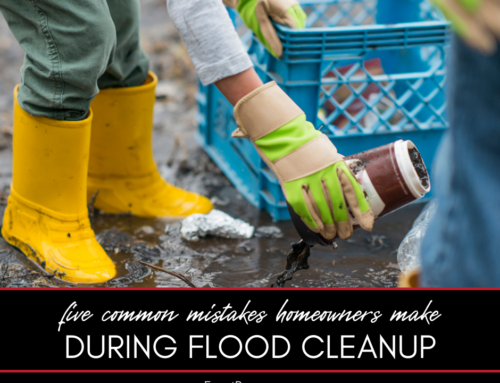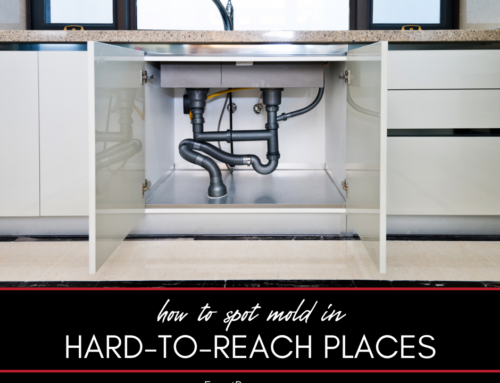Heavy rainfall can lead to basement flooding, which can cause significant water damage and lead to mold growth. By taking proactive steps, you can protect your basement and reduce the risk of moisture infiltration. Here’s how to keep your basement dry and safe during rainy seasons.
How to Keep Your Basement Dry During Heavy Rainfall
Protecting your basement from rainwater requires careful planning and preventative measures. This guide covers:
- Ensuring proper drainage around your home
- Sealing basement walls and floors
- Installing a sump pump
- Using dehumidifiers to control humidity
- Knowing when to call a professional
Here’s a closer look at each step.
Ensuring Proper Drainage Around Your Home
Good drainage is essential for keeping water away from your basement. Ensure that your downspouts extend at least 6–10 feet from your home’s foundation to prevent water from pooling around the structure. Clear gutters regularly to avoid clogs that could lead to overflow and direct water toward your basement.
Grading the soil around your home is also important; the ground should slope away from your foundation to direct rainwater away. Proper grading helps prevent excess water from seeping into basement walls and floors. For more tips on maintaining effective drainage, consult resources like the Environmental Protection Agency (EPA) on protecting building foundations.
Sealing Basement Walls and Floors
Sealing basement walls and floors is another effective way to keep your basement dry. Apply waterproof sealant to cracks or areas where moisture might seep through. Waterproof coatings can create a barrier against water infiltration, helping prevent leaks during heavy rainfall.
For older homes, you may also consider an internal drainage system that captures water before it reaches your basement. Exact Recon offers specialized services for basement waterproofing and water damage restoration, providing a comprehensive solution to basement moisture.
Installing a Sump Pump
A sump pump is a valuable tool for managing basement water during heavy rains. This device collects water that enters the basement and pumps it out before it can accumulate, protecting your basement from flooding. Choose a sump pump with a battery backup to ensure it functions during power outages, which are common during storms.
A sump pump should be regularly maintained to ensure it operates effectively when needed. Many homeowners opt for professional installation to ensure the system is properly set up. For assistance with sump pump installation or maintenance, consider consulting a specialist like Exact Recon who provides support for storm-related water management.
Using Dehumidifiers to Control Humidity
Even if you don’t experience direct flooding, rain can increase basement humidity, creating a conducive environment for mold and mildew. Using a dehumidifier can help keep indoor humidity levels below 50 percent, reducing the chance of mold growth. Place the dehumidifier in areas prone to moisture, such as near windows or in corners, to improve air circulation and reduce dampness.
Keeping humidity levels in check is essential for long-term moisture management, especially in basements. You can learn more about the importance of managing indoor humidity from Energy.gov, which provides guidance on moisture control.
Knowing When to Call a Professional
If you continue to experience water issues in your basement despite taking preventative steps, it may be time to call a professional. Water damage specialists, like Exact Recon, can assess your home for potential problem areas and recommend solutions tailored to your specific situation. From waterproofing and sump pump installation to drainage system assessments, professionals offer expertise to safeguard your home against water damage.
FAQ About Keeping Your Basement Dry During Heavy Rainfall
Check out these commonly asked questions about keeping your basement dry during heavy rainfall. If you don’t see your question here, please call Exact Recon and we’ll find you the answers you need.
How Can I Improve My Basement’s Drainage System?
To improve drainage, ensure downspouts extend away from your home, clear gutters regularly, and maintain proper grading around your foundation. Professional assessments can also identify drainage issues that might not be visible.
Will Waterproof Paint Prevent Basement Leaks?
Waterproof paint can help prevent minor moisture seepage, but it may not be enough for severe water issues. For recurring leaks, consider professional waterproofing solutions.
Should I Run a Dehumidifier All the Time?
Running a dehumidifier consistently can help keep basement humidity levels in check, especially during rainy seasons. Aim to keep humidity below 50 percent to reduce mold risks.
How Often Should I Check My Sump Pump?
Check your sump pump at least once a season, and perform more frequent checks during heavy rainfall periods. Ensure it’s clear of debris and that the battery backup is charged.
Is Basement Flooding Covered by Insurance?
Insurance coverage varies, so it’s essential to check with your provider. Many policies cover water damage from sudden incidents but may exclude certain types of flooding.
Do You Need a Disaster Remediation Expert in Washtenaw County or Jackson County?
If your home has already been damaged, we can help. Check out our services and call Exact Recon for your free disaster remediation quote today. We offer:
- Water damage restoration
- Fire damage restoration
- Mold removal and remediation
- Fire and smoke restoration
- Sewer cleanup and disinfecting
- Reconstruction
- Wind and storm damage repair


